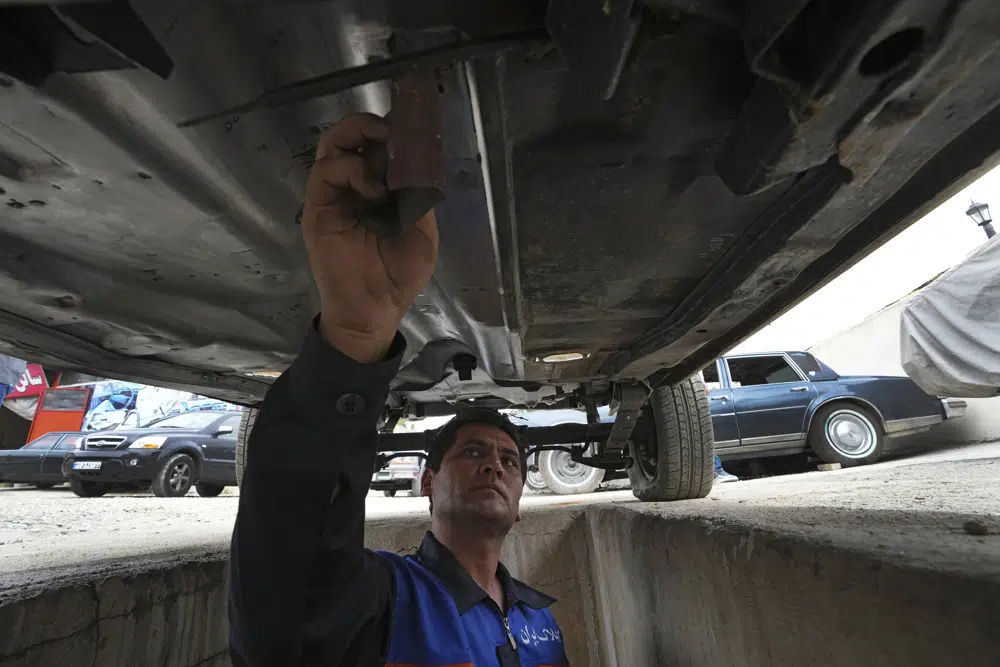Chinese online merchants launched a major shopping festival in an attempt to stimulate consumer spending following the end of zero-COVID policies. With deep discounts, new products, and flexible payment plans, shoppers were enticed to make purchases. However, the exact amount spent during the 618 shopping festival, which recently concluded, remains undisclosed by e-commerce retailer JD.com. Unlike the Singles’ Day festival held annually on November 11, which generates billions of dollars, the 618 results remain a mystery.
Analysts note that consumers in China have become increasingly price-conscious and hesitant to spend due to the sluggish economy. Factors such as geopolitics, the lingering impact of COVID-19, and domestic Chinese politics have contributed to weak consumer confidence. Shaun Rein, founder and managing director of the China Market Research Group in Shanghai, stated that despite the festival’s efforts, consumers likely spent less during 618 because online retailers had already heavily discounted their products due to the pandemic. As a result, the festival’s offers did not provide significant additional value.
According to Rein, Chinese consumers have been focused on seeking deals and opting for more affordable options across various product categories for several months now. This trend indicates a strong emphasis on price-consciousness among consumers.
In May, retail sales in China, a crucial gauge of consumption, fell short of growth predictions. The figures showed a 12.7% increase compared to the same period the previous year, which was a decline from the 18.4% surge witnessed in April. These statistics were reported by the National Bureau of Statistics.
Chinese leaders have been striving to transition the economy from one primarily driven by construction and investments to a model fueled by consumer spending, which is the backbone of advanced economies like the United States. However, despite these efforts, the recovery from the pandemic-induced disruptions has been faltering, and consumers have not yet regained their previous level of spending freedom.
In an effort to stimulate customer spending, e-commerce platforms have been investing substantial amounts of money in incentives and subsidies for both customers and merchants.
For instance, JD.com initiated a program called “10 billion yuan subsidies” in March, aiming to compete with its rival Pinduoduo, renowned for offering low-priced goods. By providing significant subsidies, JD.com aimed to attract customers and encourage them to make purchases on its platform.
Similarly, Trudy Dai, the CEO of Alibaba’s e-commerce business unit, has made commitments to make “huge, historic” investments to attract users to Alibaba’s platforms. These investments are intended to create a more appealing shopping experience and entice customers to increase their engagement and spending on Alibaba’s e-commerce platforms.
These substantial investments in incentives and subsidies by major e-commerce players demonstrate their determination to drive customer spending and gain a competitive edge in the market.
While overall consumption remained subdued, certain categories such as cosmetics and luxury goods experienced notable increases in sales during the online shopping festival. Luxury brands, which had been significantly impacted by the COVID-19 pandemic, made a strong comeback during the event. According to Jacob Cooke, CEO of e-commerce consultancy WPIC, luxury brands participating in the festival could see sales growth of up to ten times compared to the previous year.
Chinese media reports highlighted the strong performance of high-end brands like Bulgari, Celine, Max Mara, Valentino, Maison Margiela, Burberry, Chloe, and Miu Miu during the festival. JD.com data indicated a significant surge in sales, with some brands experiencing a twenty-fold increase compared to the previous year. Tmall data showed that sales of Burberry, Chloe, and Miu Miu in the first 30 minutes of the festival surpassed their total sales from the entire shopping festival the previous year.
This year, more luxury brands participated in the festival as they aimed to recover from a decline in sales due to China’s strict “zero-COVID” policies and lockdown measures that adversely impacted retail spending. Some brands, like Moncler and Lemaire, made their debut on Tmall during the festival.
In addition to participating in the event, many luxury brands took the opportunity to launch new products online, often accompanied by rare discounts and incentives such as interest-free installment payment plans spanning 12 months. For example, Coach offered a 75% discount on select handbags, while Jimmy Choo sold its signature Romy heels at a 50% discount.
Apart from luxury goods, big-ticket items like air conditioners and electric vehicles also performed well during the festival. Household appliance brands Midea and Haier saw sales surpass 100 million yuan ($13.97 million) within minutes of the festival’s commencement on JD.com.
The participation of luxury brands, along with the introduction of new products and attractive discounts, contributed to the success of the online shopping festival in specific product categories and encouraged consumers to make significant purchases.





























